Seems to be a case of so far so good for Albo
So far our new Prime Minister Anthony Albanese seems to be hitting all the right notes and adopting a far more sensible and conciliatory approach to being PM, than his predecessor, according to Charles Wooley.
Opinion
Don't miss out on the headlines from Opinion. Followed categories will be added to My News.
It all began last Sunday morning on the ABC’s Insiders when David Speers interviewed Jennifer Westacott from the Business Council of Australia and Sally McManus from the ACTU.
My long experience in such political three-ways is that they are best when there is a heated argument and worst when everyone agrees. Not so this time. It was all the more interesting because it wasn’t an entertaining stoush but a fascinatingly agreeable exchange from the usually opposing trenches of political and economic enmity.
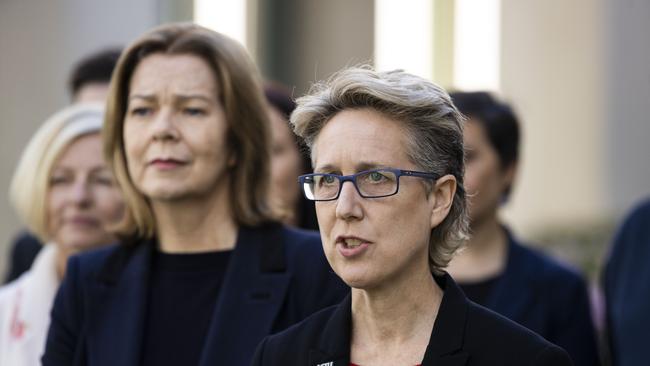
The Prime Minister Anthony Albanese later said he took “great heart” from “a mature debate about the common interest.”
Albo is reprising the song book of the “Great Negotiator” Bob Hawke who dragged a divided Australia into the 1983 Summit and thrashed out the Accord, a centralised system of wage fixation, for the purpose of economic recovery.
Hawke could talk the birds down out of the trees. It remains to be seen if Albo can do that, but he is making all the right noises to quieten the squabbling flocks roosting in the treetops of power.
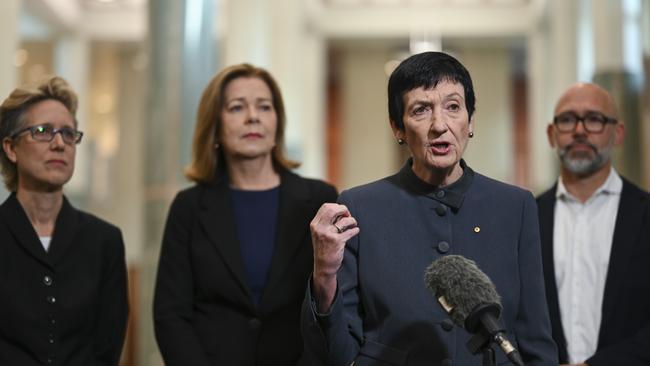
Sensibly Albo’s tactic seems to embody that whatever differences of opinion Australians might have, we all agree we need clearer leadership than we have had recently, and that can only come from the prime minister of the nation.
Quite rightly he said this week, “If you wait for everyone to agree to everything not much will happen.”
With Scott Morrison having done a thorough job of discrediting his own reputation, our new PM, hits the right note with what he calls, “the beginning of a new culture of co-operation” and looking forward rather than backward, to “fair wages, strong growth, and a high productivity economy.”
Yes, Australians with their highly developed BS filters might suspect that this is just more words.
But conciliating words are always better than abuse.
And in a secular world hopefully better than prayers.
With inflation heading towards 8 per cent and wage growth closer to 3 per cent it’s hard to disagree with Albo’s proposition that, “we can’t return to business as usual.”
A strong theme of this week’s Summit talkfest has been the PM’s belief that Australians have “conflict fatigue”. He has been hoping to see the development a “more respectful” political culture. As do we all; except for some mischievous old journos who still enjoy a heated argument.

I have never sunk so low as to work for a politician but were I in Albo’s employ I would encourage him to pursue what he keeps calling “common interest” and lay off further bashing of the previous PM.
He is starting to remind me of Tony Abbott who was still getting stuck into the Labor government half a year into his own period of governance.
The best way of exorcising the unhappy ghost of ScoMo is to be kinder. To sympathise that Morrison’s extraordinary and idiosyncratic behaviour, in an office he later professed not to believe in, was an unhappy episode for Australian parliamentary government as a whole.
More in sorrow than in anger Albo should say that his predecessor’s behaviour reflected badly on the institution in general and that there is no further benefit in political point scoring.
But if old habits die hard, Albo could still sideswipe Peter Dutton in passing, by advising that in future the Liberal Party should exercise a lot more care over the calibre of the person it selects as leader. Given that ScoMo got there almost accidentally, as did Dutton, it’s a fair point to make.
But respectfully, of course.
Charles Wooley is a journalist, writer and a former reporter with the Channel 9 program 60 Minutes.
Why leave Sue in jail one more day?
It was good news and a great relief for many Tasmanians to hear that Susan Neill-Fraser has applied for parole and could possibly be a free woman within months.
Hers is a story I have followed since she was accused of murdering her partner Bob Chappell who disappeared from their yacht Four Winds sometime around the early hours of Australia Day 2009.
I was never alone among journalists who covered this story in being unconvinced of her guilt. It seemed extraordinary that a conviction could be secured without a body, a witness, a weapon and with scant motive. And plenty of legal experts agreed it was to say the least, uncommon.
In the absence of convincing evidence, it has always seemed to me that if Sue really did the crime, it should have been the perfect murder.
Australia’s leading authority on miscarriages of justice Dr Robert Moles described the Neill-Fraser conviction to me on 60 Minutes as, “Undoubtedly the greatest miscarriage of justice in Australian legal history since Lindy Chamberlain.”
Neill-Fraser’s prosecution by the police and the Crown was implacable and it did seem at times that Moles was not far from the mark when he said that a universal problem is, “the police concentrating on securing a conviction rather than solving a crime.”
In the absence of direct evidence of guilt even an innocuous past comment at a social gathering can suddenly gain evidential weight. Susan had been asked by a friend how she would put up with Bob’s prolonged company on their planned long voyage.
Flippantly she said words to the effect that if he became too annoying, she would “throw him overboard.”
In the absence of body, witness, and weapon small things can assume disproportionate importance.
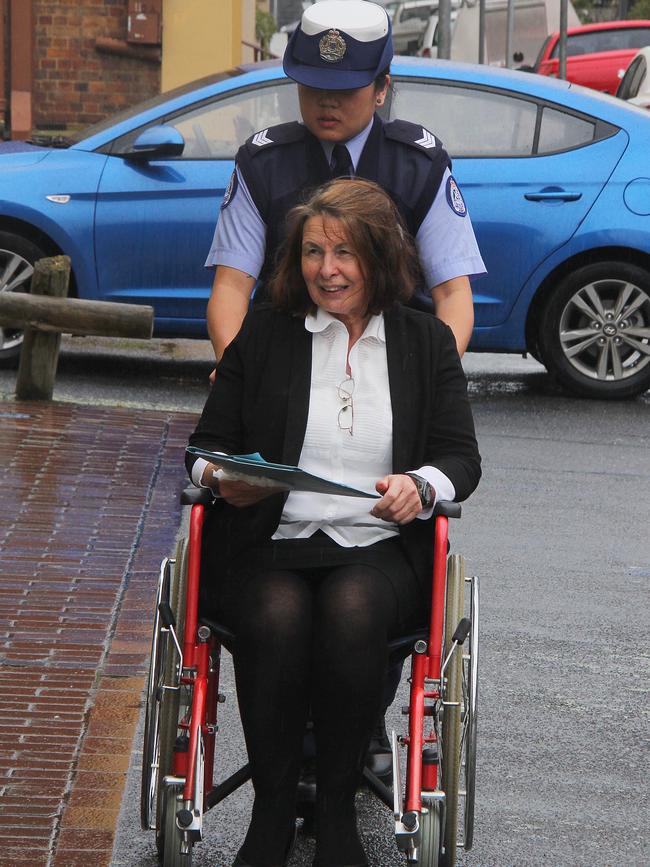
Yet some seemingly big things can be discounted, like the discovery of so-called “foreign” DNA on the deck of the Four Winds. It was conveniently assumed that the DNA had been tracked onto the boat on the shoes of police officers. The fact that the copper’s boots were not covered when they entered a crime scene was surprising, but that apparent oversight effectively allowed the DNA evidence to be discounted as grounds for appeal.
Around the time of Chappell’s disappearance, I had a boat moored off Battery Point in the vicinity of the Four Winds. Like other boats in the area it was broken into and damaged so many times I stopped locking the hatch and left nothing of value on board.
Bob was in the unusual habit of getting dropped off on his boat and spending the night aboard without a dinghy. Sailors don’t often do that so the Four Winds must have appeared deserted. There was a reasonable possibility that opportunistic thieves came aboard in the night, there was a struggle and Bob went overboard.
The Derwent is a big river.
Yes, there is of course also the possibility that Sue Neill-Fraser murdered her partner. But is that really any more likely than the possibility of foul play by thieves who boarded in the night?
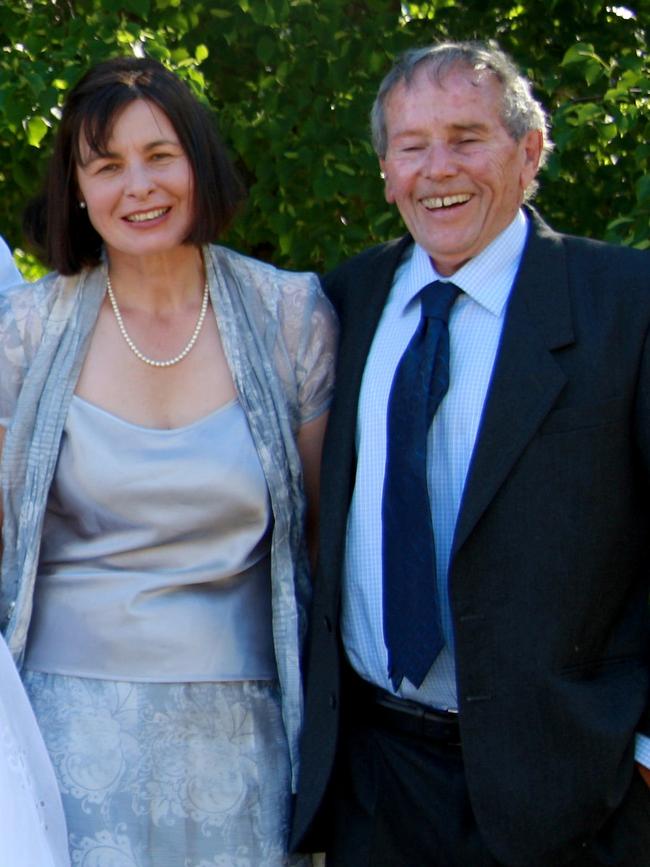
There have been many documentaries made and countless words written on the subject. Too many to count here but they all concentrate on the notion of “reasonable doubt”. Invariably journalists and filmmakers find Sue Neill-Fraser’s conviction astounding and given the reliance on circumstantial evidence, a matter of great public interest.
As a journalist I must concede that everywhere the vagaries of small-town justice, be it Alice Springs or Hobart is guaranteed to make a fascinating story.
From international jurisdictions we learn that a surprising number of people are convicted of crimes they did not commit.
Various Innocence Projects in the US have re-investigated old convictions to secure more than 3000 exonerations. Similar action in the UK reinforces that not everyone found guilty, committed the crime. More than 550 wrongful British convictions have been overturned.
The UK prison system allows people who claim to be wrongly convicted to have access to a journalist so that their side of the story can be told. Likewise in the US. But not in Tasmania.
But that’s all academic in the case of Susan Neill-Fraser.
Whether she did the crime, she has done the time.
After 13 years she has completed her minimum sentence and what possible public good can be gained by keeping her locked up at $334 a day for one day longer?
Given that the perpetrators of some of Tasmania’s most monstrous crimes have been paroled lately, it is hard to see what danger to anyone a 68-year-old grandmother in a wheelchair can pose.
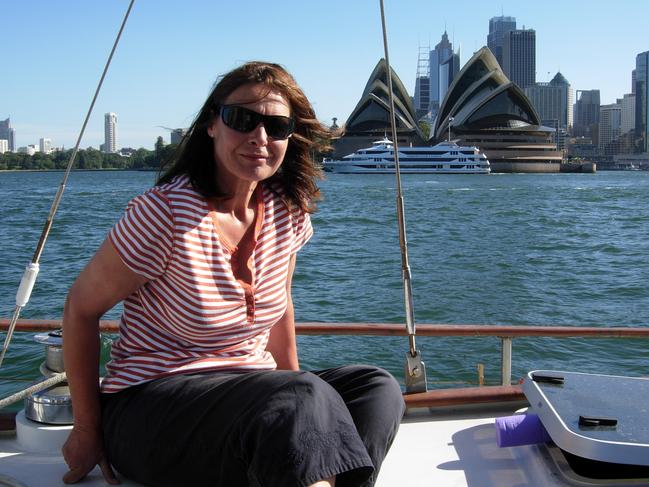
Unless she uses her freedom to campaign for an acquittal.
That could be embarrassing.
Dr Bob Moles told me this week that in his opinion, if Susan Neill-Fraser is not released with the expiry of her non-parole period, “Then there is no doubt this will bring the Tasmanian legal system into even greater disrepute than it now suffers from.”
Former Tasmanian premier Lara Giddings spoke for many SNF supporters when she said this week, “Let’s hope the Parole Board sees fit to let Sue out and she will at least be able to start to rebuild her life, while we help to clear her name.”
Lara Giddings was premier of Tasmania during the first years of Sue Neill-Fraser’s incarceration. We can assume that back then the political advice she received was that it was unwise in our small jurisdiction to take on the combined forces of the police and Crown law.
Now she advocates an inquiry as in the Lindy Chamberlain case. So does the federal member for Clark, Andrew Wilkie who has constantly said, “Here we have someone convicted of murder in the absence of a body, absence of a weapon and absence of a motive.”
You might think this is a repetitive refrain.
I think it can’t be said too much.
Wilkie now plans to take the issue to Canberra to “take the fight to the new government” for the establishment of a federal criminal case review commission.
The point is obvious. In any jurisdiction (and certainly one as small as ours) there might be personal reputations at stake and perhaps too much conflicted professional ego to ever countenance the possibility of a miscarriage of justice.
I am not suggesting a conspiracy.
I’m talking about simple human frailty and self-interest. Which is why in every state of Australia we need a higher arm’s-length federal authority to redress wrongful convictions, when and if they occur.
The presence of such a powerful review commission might even make miscarriages of justice less likely in the first place.
Charles Wooley is a journalist, writer and a former reporter with the Channel 9 program 60 Minutes.




